What Type of Witch Are You?

November 24, 2021
Estimated Read Time: 6 Minutes
While it may be hard to believe, witchcraft has become a desirable skill set. Since it is no longer frowned upon, people from different spiritual backgrounds and walks of life choose to practice it. But although witches are everywhere in pop culture, there isn’t enough reliable information about the different types of witches there are.
For this reason, we will cover the most common types of witches and their unique aspects. Who knows, perhaps you have already crossed paths with some of them. To find out if you have, stick around!
Augury Witch
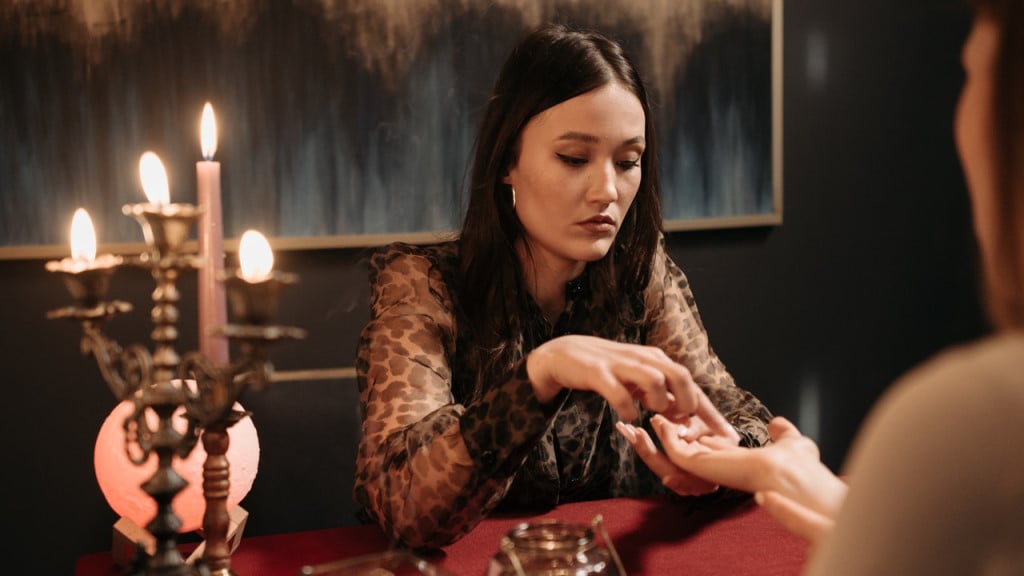
Augury witches focus on foretelling future events and delivering prophecies. For this reason, they have another name — “diviners.”
Like shamans, augury witches can serve as a guiding light for those embarking on a spiritual journey. Because their specialty is gleaning information through omens and symbols, people often think of these witches as interpreters of the divine.
Augury witches perform divinations in an altered state of consciousness. To achieve this, they use different items to harness magick energy. While most augury witches call upon tarot cards and crystals in their practice, some include animals as well.
Baby Witch
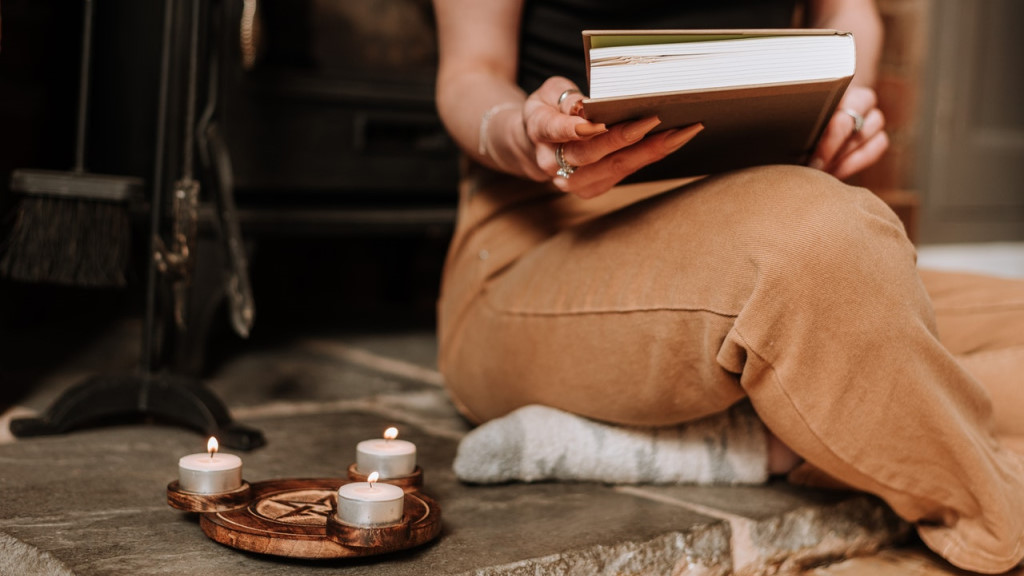
Chances are, you have probably heard of the term “baby witch” before. And if not — no, it has nothing to do with actual babies!
“Baby witch” refers to witches that are new to the craft. However, some members of the community view the label as diminutive and degrading. That is why they prefer other names for new members, like acolytes, amateurs, novices, or trainee witches.
Be that as it may, baby witches have a lot to learn from the more established members of their covens. Since their skills are still undeveloped, they are often under the guidance of an experienced teacher or a mentor. To make the most of their exceptional talents, baby witches usually undergo training in a semi-formal or formal environment.
Ceremonial Witch

A ceremonial witch is a term that describes someone who specializes in high magick. In other words, they reach out to the spirit world through special invocations and rituals.
In essence, ceremonial witches have many different practices. They often turn to various occult teachings, such as Enochian magick, Kabbalah, and Thelema. Even so, their magick rituals are veiled in mystery. Most ceremonial witches keep their practice under wraps, and others refuse to identify as witches at all.
What type of witch are you?
Explore the world of witchcraft!
Become a student of Wicca Academy today
Cosmic Witch
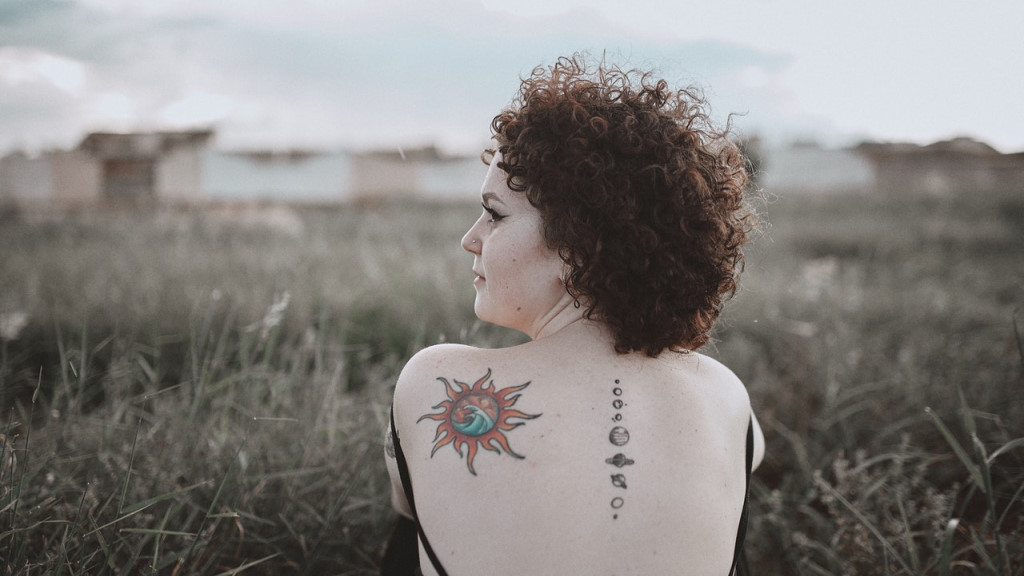
A cosmic witch is someone who uses celestial and planetary energy in their practice. That is to say, they not only make the most of astrology but astronomy as well.
Cosmic witches may pray to different deities, but they mostly call upon Greco-Roman gods. However, their worship is not limited to celestial beings alone. It goes beyond them to include aliens, fae, or celestial bodies, like planets.
Generally speaking, cosmic witches use all kinds of items in their practice. These include crystals, charged water, herbs, incense, and many others. The timing of their spells can depend on a variety of things, but planetary positions and lunar cycles are their go-to. What’s more, cosmic witches use celestial energy to center, cleanse, and ground themselves.
Eclectic Witch
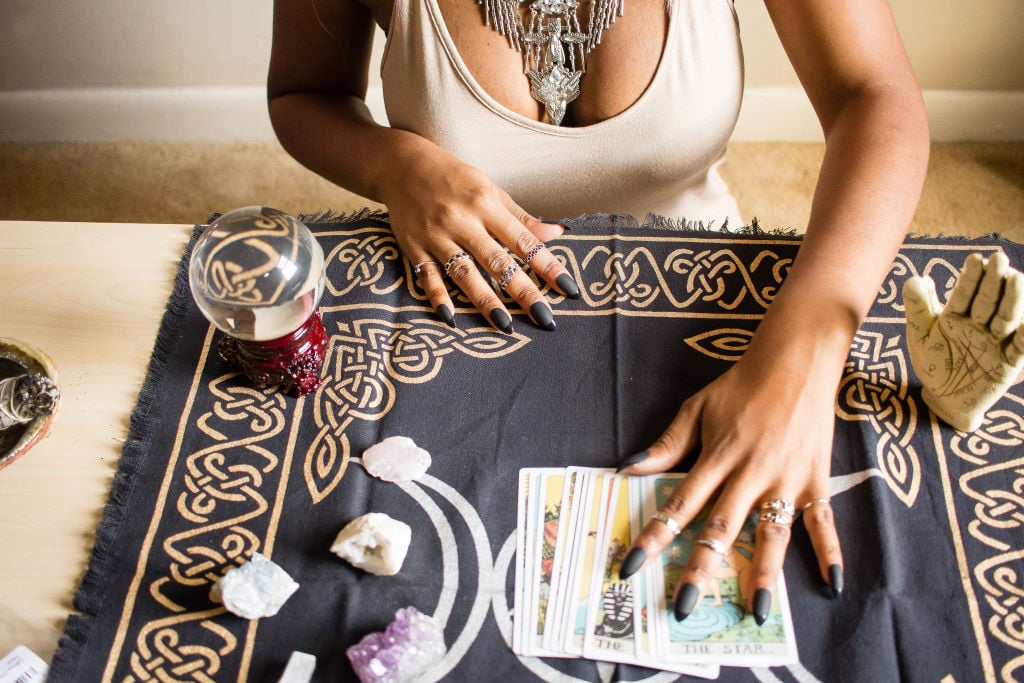
Eclectic witches like to use magickal beliefs and practices from different areas. While some of them identify as Neo-Wiccan, others are more lenient in their approach. In other words, eclectic witches can worship gods, have a secular practice, or develop their own take on spirituality. They make their own rules.
Most eclectic witches combine different sources when performing spells and rituals. These include but are not limited to: historical facts, information found online, knowledge gleaned from classes, and personal experience.
Evil Witch
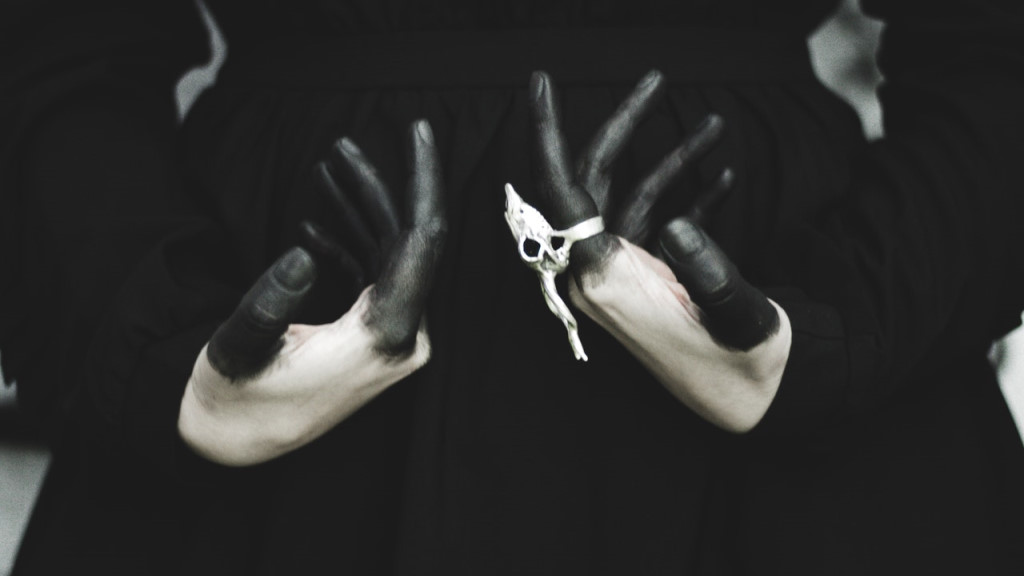
“Evil witch” is another term you have undoubtedly come across. It is most commonly used as a derogatory label for those who have turned to witchcraft in hopes of enjoying ill-gotten gains.
Most “evil witches” resort to black magick and forbidden knowledge in their practice. They do not use spells and rituals to help others but to harm them. Ultimately, any such undertaking is short-lived and comes with celestial and spiritual repercussions. We strongly recommend that you do not engage with such individuals.
Hedge (Green) Witch
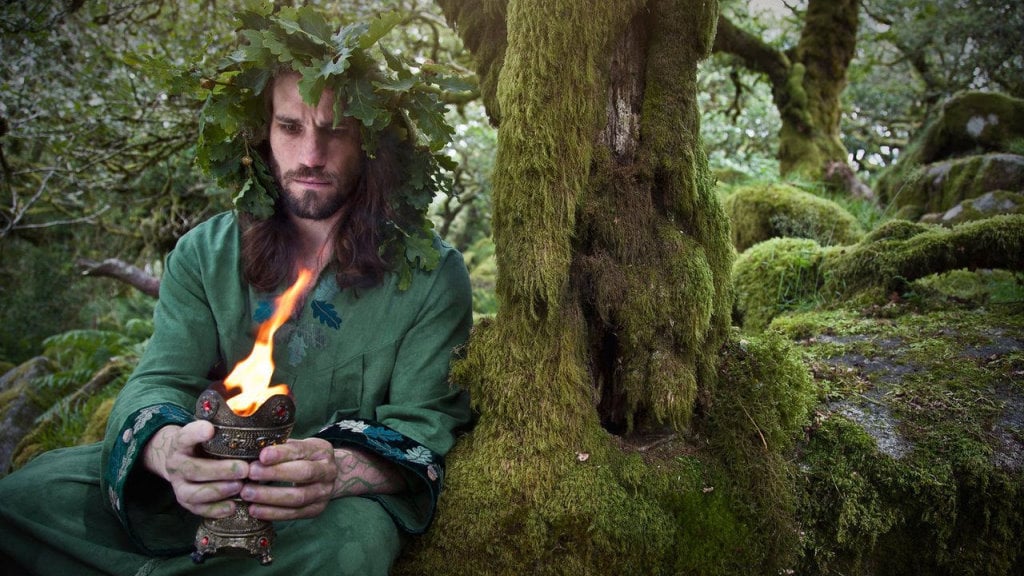
Hedge witches are often solitary practitioners with no formal training. They have learned their craft through apprenticeship and self-mastery.
Although many have a Wiccan background, some choose to only worship nature instead of any deities. By and large, they do not practice formal Wiccan rituals and rather make the most of traditional Wiccan ethics.
Primarily, hedge witches devote their time to herbal knowledge, herbal magick, and aromatherapy. Since this type of witchcraft is focused on interactions with nature, hedge witches usually cultivate the ingredients they need. That is to say, they grow and harvest the plants themselves. Moreover, they are no strangers to trial and error, as they like to keep track of their spell efficacy by experimenting.
Hereditary Witch
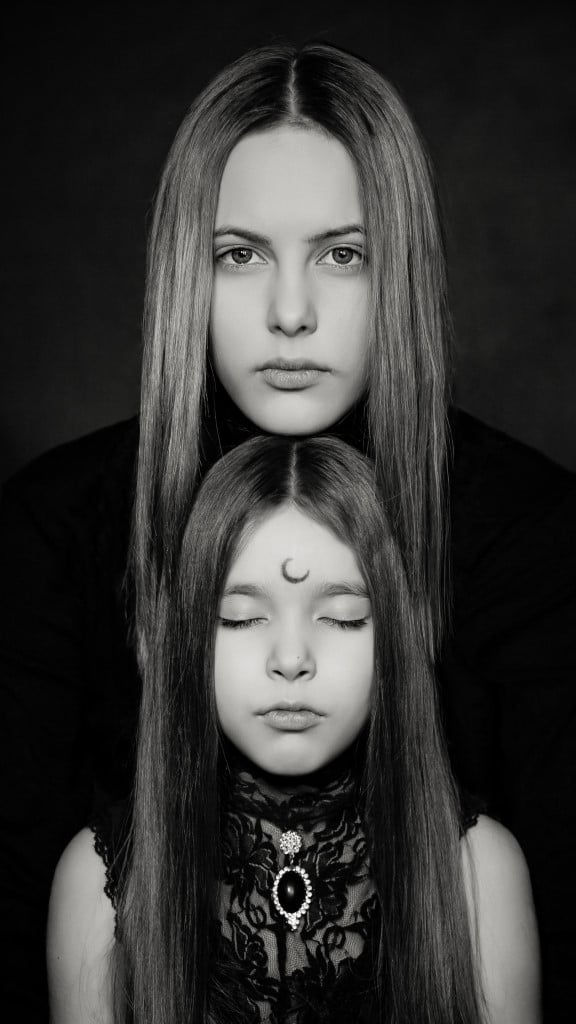
As the name would suggest, a hereditary witch is an individual who was born into a family of witches. In a sense, witchcraft is their birthright.
Despite their lineage, hereditary witches are not always born with an innate talent for witchcraft. Still, they can choose to follow in their ancestors’ footsteps or develop their own set of magickal practices.
A point often overlooked is that hereditary witches also have a third choice — not to practice witchcraft at all. In that case, they revoke their birthright, and their status as a hereditary witch is a moot point.
Kitchen Witch

Kitchen witches, also known as home or hearth witches, practice kitchen witchcraft. For example, they incorporate magickal practices in their recipes.
Similar to hedge witches, kitchen witches love to use herbs from their garden. When cooking or brewing, they tend to add their magickal energy to the dish. This means that they often use essential oils and everyday objects to come up with unique spells and rituals in their home setting.
Secular Witch

Secular witches are well-rounded in their beliefs. They do not worship any higher being or a deity, and their practice is void of religion.
With that said, secular witches use crystals, candles, herbs, oils, and similar items in their rituals. They also cast spells and endorse magick through their lifestyle choices. In that sense, there is not much that sets them apart from other types of witches.
However, what is interesting is that secular witches do not believe in the power of energy. In fact, they do not think that it is present in their work. But, while their approach is not spiritual, it does not mean that secular witches do not practice spirituality.
Solitary Witch

A solitary witch is a fairly broad term. It applies to any witch who chooses to practice witchcraft alone rather than within a coven.
All things considered, certain witches go down the solitary path either of their own volition or because they have not found a coven that suits them. While some may opt for a more secular approach to witchcraft, other solitary witches specialize in a particular field.
Be that as it may, legends surrounding solitary witches are not uncommon. One of them claims that these are reincarnated individuals who were witches in past lives. Since they are already familiar with the craft, they do not believe a coven would bolster their growth. For this reason, solitary witches go off the beaten path to master their preferred spells and rituals.
Traditional (Folk) Witch
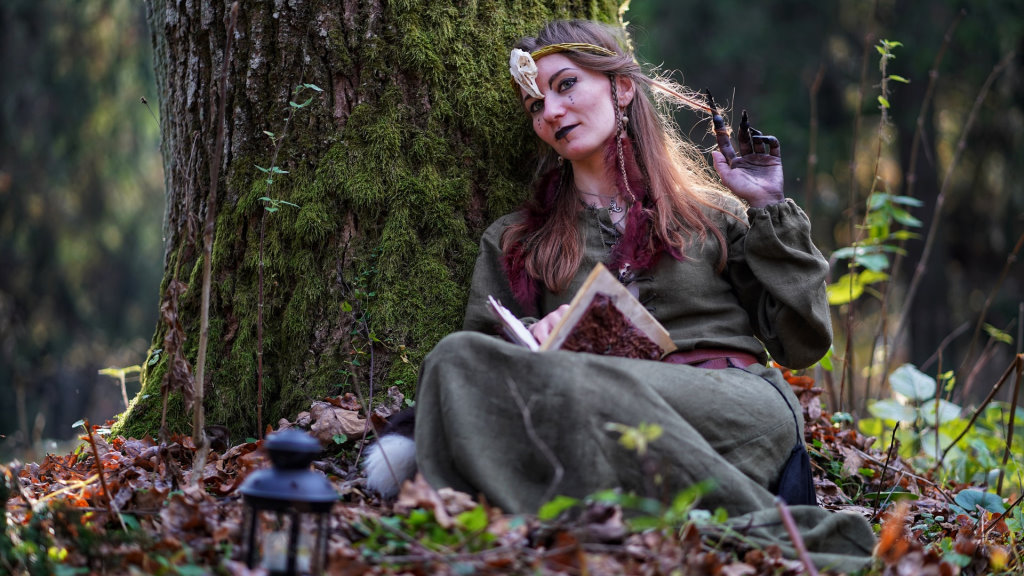
Traditional witches choose to partake in the folk magick of their ancestors. They base their practices on historical facts and witchcraft techniques that predate Wicca.
On the whole, traditional witches have a wealth of knowledge. They understand the workings of charms, herbal brews, spells, and talismans from centuries ago. Moreover, traditional witches are also acquainted with the spirits and the history of the land they inhabit.
Despite holding traditional customs in high regard, these witches are by no means old-fashioned. In truth, many incorporate modern beliefs, ideas, and tools into their centuries-old craft.
Different Types of Witches and Their Significance

Aside from those we’ve mentioned above, there are many other types of witches out there. In the long run, it is not about quantity but quality. Every witch type has distinctive features, and there is no shame in admitting that they make modern witchcraft sustainable.
It matters little if a person is leaning toward elemental, occupational, secular, or traditional beliefs. So long as there are more niches to explore, witchcraft will continue expanding its horizons. To that end, we hope to see newly awakened witches in our community as time presses on!
Check out our other articles:
Sigils for Newcomers
Jar Spells Made Simple
Get to Know Your Familiar
Kitchen Magick for Beginners
Moon Phases and Simple Rituals
See All Articles
Love this article? Share the magick with your friends and loved ones!
I ve always been intrigued with Wiccan. But afraid to discuss the subject with people, as most are dismissive & judgemental through ignorance. I want to have the facts & confidence for my own personal knowledge.
I agree it is still hard to not feel afraid because people are so judgmental
I believe not all witches are bad
I agree, that not all witches are bad as well.
I have always been a day person, so I am a Sun Witch, greeting the dawn, casting spellwork at noon, and making my night oblations at sundown. Durings the Sabbats, unfornutaly, I have to set an alarm clock for the midnight work. But, it is working well for me.
Blessed Be, Rev. Lady Lazar (LAH-zar)
I also happen to be an hereditary witch that we can date to before “the burning times” here in the 13 colonies. In some ways, I had tried to deny it, yet, on many occasions, I innately knew what to do magickally to save us in many spots.
Blessed Be, Rev. Lady Lazar